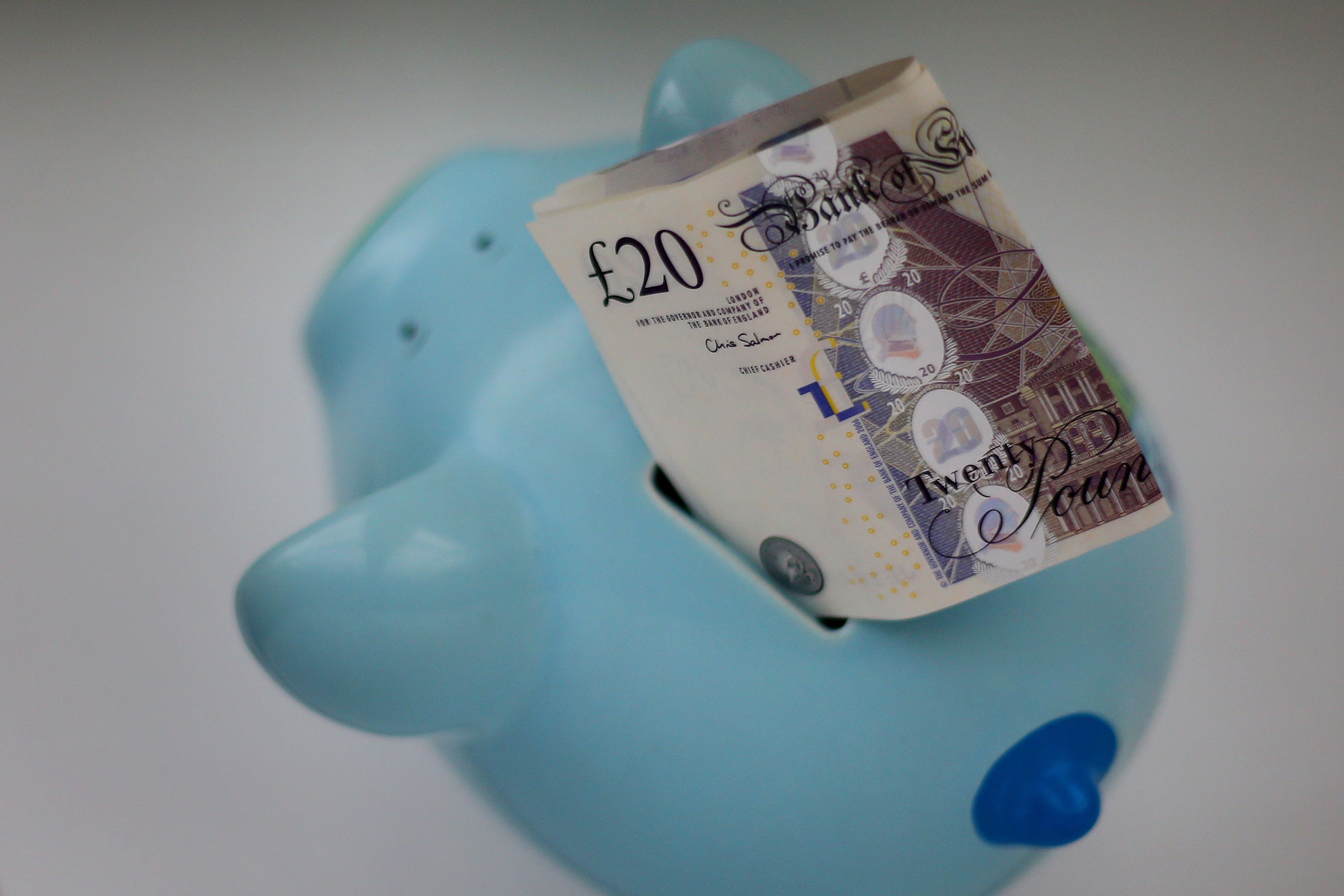From savings to pensions - who is affected by interest rate rises?
The Bank of England hiked rates to 4% on Thursday
Your support helps us to tell the story
From reproductive rights to climate change to Big Tech, The Independent is on the ground when the story is developing. Whether it's investigating the financials of Elon Musk's pro-Trump PAC or producing our latest documentary, 'The A Word', which shines a light on the American women fighting for reproductive rights, we know how important it is to parse out the facts from the messaging.
At such a critical moment in US history, we need reporters on the ground. Your donation allows us to keep sending journalists to speak to both sides of the story.
The Independent is trusted by Americans across the entire political spectrum. And unlike many other quality news outlets, we choose not to lock Americans out of our reporting and analysis with paywalls. We believe quality journalism should be available to everyone, paid for by those who can afford it.
Your support makes all the difference.The Bank of England’s decision to raise interest rates to 4 per cent, the highest level in 14 years, will be welcomed and scorned - depending on who you ask.
The Monetary Policy Committee was reportedly split 7-2 with those in favour arguing the move was needed to keep inflation down after it rose to 11 per cent last year, over five times the target of 2 per cent.
It is the tenth successive time that the committee has voted to increase UK borrowing costs.
“A 0.5 percentage point increase in Bank Rate at this meeting would address the risk that domestic wage and price pressures remained elevated even as external cost pressures waned,” the Bank said of their decision.
“Global consumer price inflation remains high, although it is likely to have peaked across many advanced economies, including in the United Kingdom.”
The move will appease savers, who had been punished by the low rates, but businesses and households with loans will be keeping a wary eye on what the Bank decides next.

Borrowers
Anyone borrowing money, whether it be it through loans, credit cards or mortgages, will be affected by a rise in interest rates - although not necessarily straight away.
The average interest rate on credit cards dropped to 19.24 per cent in November from what was previously a record high.
This group is likely to find that it could become harder to get out of debt while young people, who are more likely to have student loan repayments due, could be set to struggle.
Homeowners
Around two million are reaching the end of their fixed-rate mortgage deals in 2023 with the majority of those on 2.5 per cent or lower. Fixed rates have now increased to 4.74 per cent, which could put pressure on those paying off a mortgage.
This is also affecting those who have bought to let, with payments shooting up likely to see landlords charge additional rent. This is on top of the increased bills associated with the cost of living crisis.
However, house prices have been falling for five consecutive months, which is good news for buyers.

Savers
The news is good for those who are cash savers, although they will only see a small boost.
Anna Bowes of Savings Champion said: “A hiked base rate should spark another round of increases to variable rate savings accounts, as these accounts are more reactive to base rate changes as they happen, although it’s rare to see rates move directly in line.”
Experts have suggested shopping around for the best savings deals.
Moneyfacts finance expert Rachel Springall added: “Challenger banks and building societies continue to take the most prominent positions in the top rate tables, so savers who fail to review their existing account to the latest top rates may miss out.”

Pensioners
The state pension is expected to rise by 10.1 per cent in April, in line with inflation, however those who are retired have to consider other factors.
Some pension plans may not keep pace with inflation, reducing the value of benefits over time, which could result in a lower standard of living and increased financial stress.
Helen Morrissey, senior pensions and retirement analyst at Hargreaves Lansdown, said: “Data from our annuity comparison tool shows a 65-year-old with a £100,000 pension could get an income of up to £6,892 per year. This compares to £5,003 at the same point last year.”
Stockholders
UK stocks enjoyed a boost after the Bank of England revealed it expects Britain to fall into a shorter, shallower recession than previously anticipated.
The FTSE 250 lurched by 3.6%, as the slightly more upbeat outlook on the UK economy prompted investors to pour cash into the more domestically-focused index.
London’s leading index, the FTSE 100, jumped by 0.76%, closing the day 59.05 points higher at 7,820.16.
It was driven up by gains of more than a 10th for sportswear giant JD Sports, which unveiled expansive store-opening plans, and grocer Ocado Group.
It was a more turbulent day for the pound, which briefly spiked against the US dollar following the Bank’s rate decision at noon.

Join our commenting forum
Join thought-provoking conversations, follow other Independent readers and see their replies
Comments